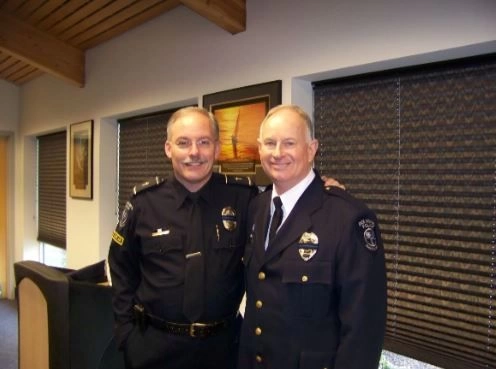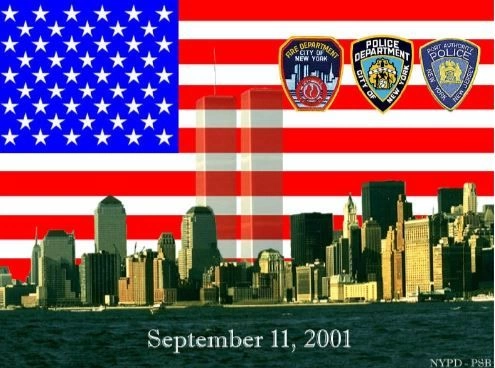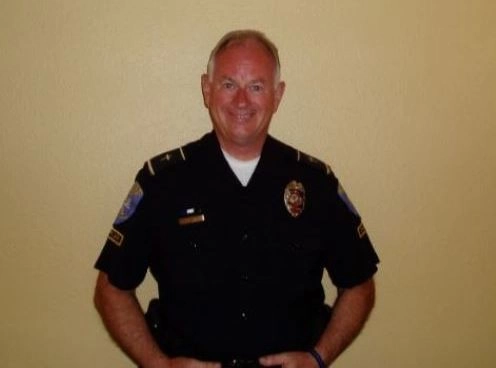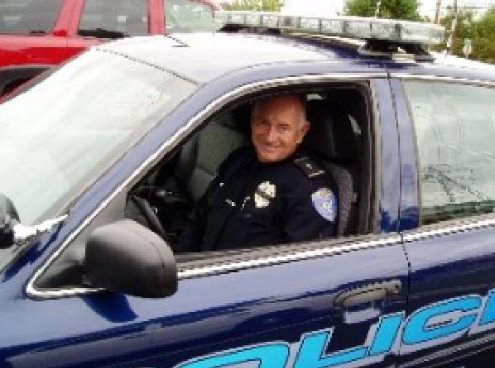



 Chaplain Lew Cox
Chaplain Lew Cox
Chaplain Cox has been a member of the Des Moines Police Department in Washington since 2001. Des Moines is a city located at the south end of the Tacoma/Seattle International Airport and has a population of around thirty thousand residents. The city has a unique topography with a long shoreline on the west side and multi-million-dollar homes. On the east side of the town, you can find the International Boulevard, which is one of the primary sources of the city's crime.
The Role of a Law Enforcement Chaplain
Police chaplains play a significant role in providing emotional and spiritual support to Police Officers, their families, and the victims of crime. They are often present at scenes of tragedies, offering comfort and prayers to those who are affected. By providing this support, Police Chaplains help to enhance the effectiveness of the police force and improve the morale of officers who are dealing with difficult situations.
Chaplains can provide Officers with access to resources and counseling for traumatized or stressed situations. This can help reduce the likelihood of burnout or poor job performance.
Law Enforcement Training Experience
1. Crisis Intervention Training. Training to equip officers with the skills needed to identify, respond to, and de-escalate stressful or high-risk situations.
2. Conflict Resolution Skills. Techniques used to help resolve disagreements and reach mutually beneficial solutions. (e. g. active listening, problem solving)
3. Communication Skills. Abilities that enable effective exchange of ideas and understanding between people. (e.g. verbal and nonverbal communication, empathetic listening)
4. Mental Health Awareness. Understanding different mental health disorders, their symptoms, and how to provide support to those affected. (e. g. depression, anxiety, PTSD)
5. Trauma Informed Care. Knowledge of how trauma can affect individuals, families, and communities, and how to provide compassionate and appropriate care. (e. g. recognizing signs of trauma, providing trauma-informed interventions)
6. Cultural sensitivity involves respecting and interacting positively with individuals from diverse backgrounds and cultures while taking into account cultural norms and differences, including religious beliefs and practices.
7. Self-Care Strategies. Techniques are used to reduce stress, build resilience, and maintain well-being. (e. g. mindfulness, exercise, healthy eating)
8. Critical Incident Stress Management, or CISM, is an intervention protocol developed specifically for dealing with traumatic events.
9. Police Chaplains play a vital role in organizing line-of-duty death memorials and providing marriage ceremonies and funerals for department personnel, their families, and retired officers.
Law Enforcement and Suicide Prevention
This program investigates why police officers resort to taking their own lives. It is concerning that many police officers choose to leave the force on their own terms. Police officers face various dangers, including perpetrators, accidents, heart attacks, stress-related diseases, and suicide. Surprisingly, the most significant risk for law enforcement may not be pursuing criminals. This program investigates why police officers resort to taking their own lives.
The Physiological Effects of Trauma and Criminality
